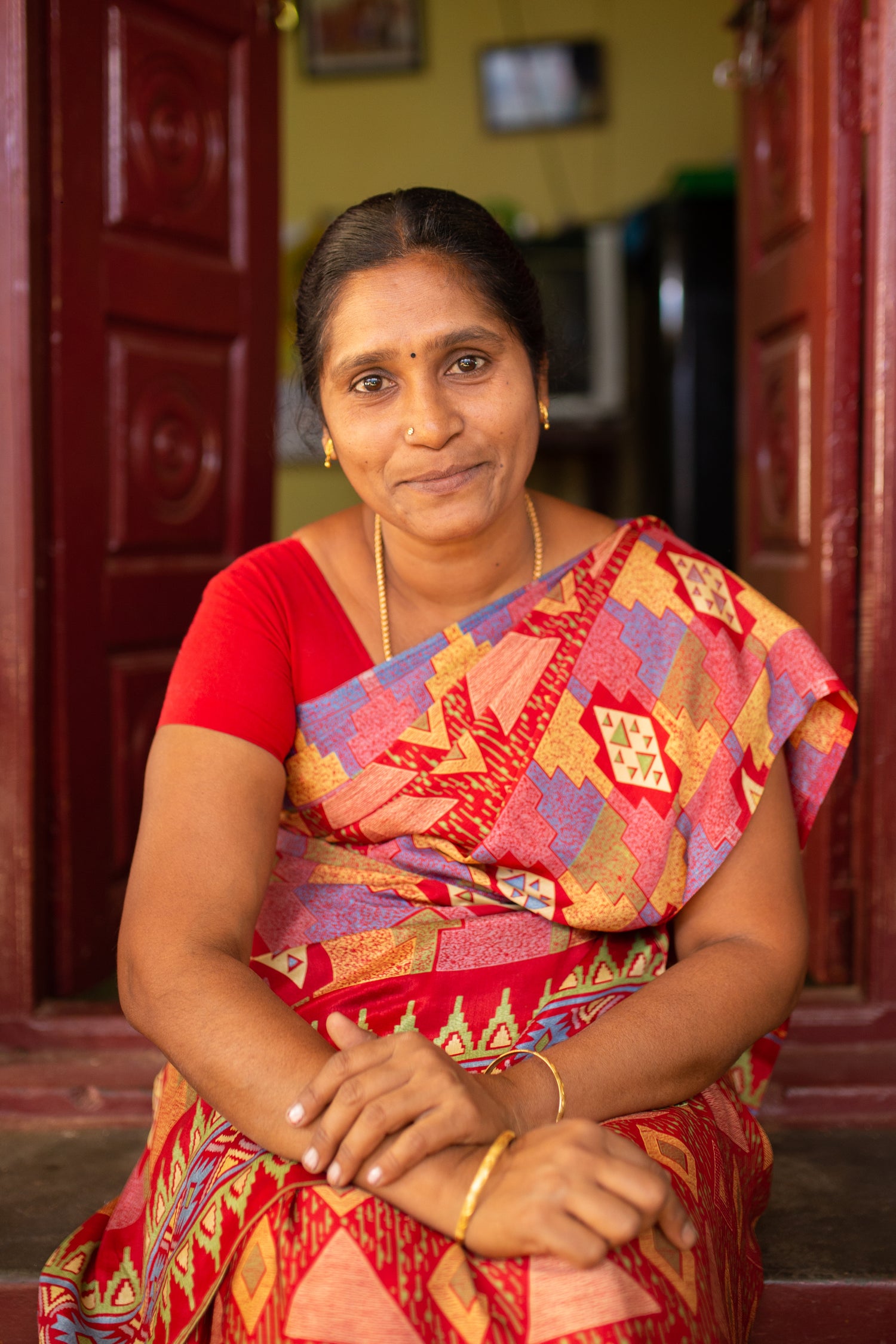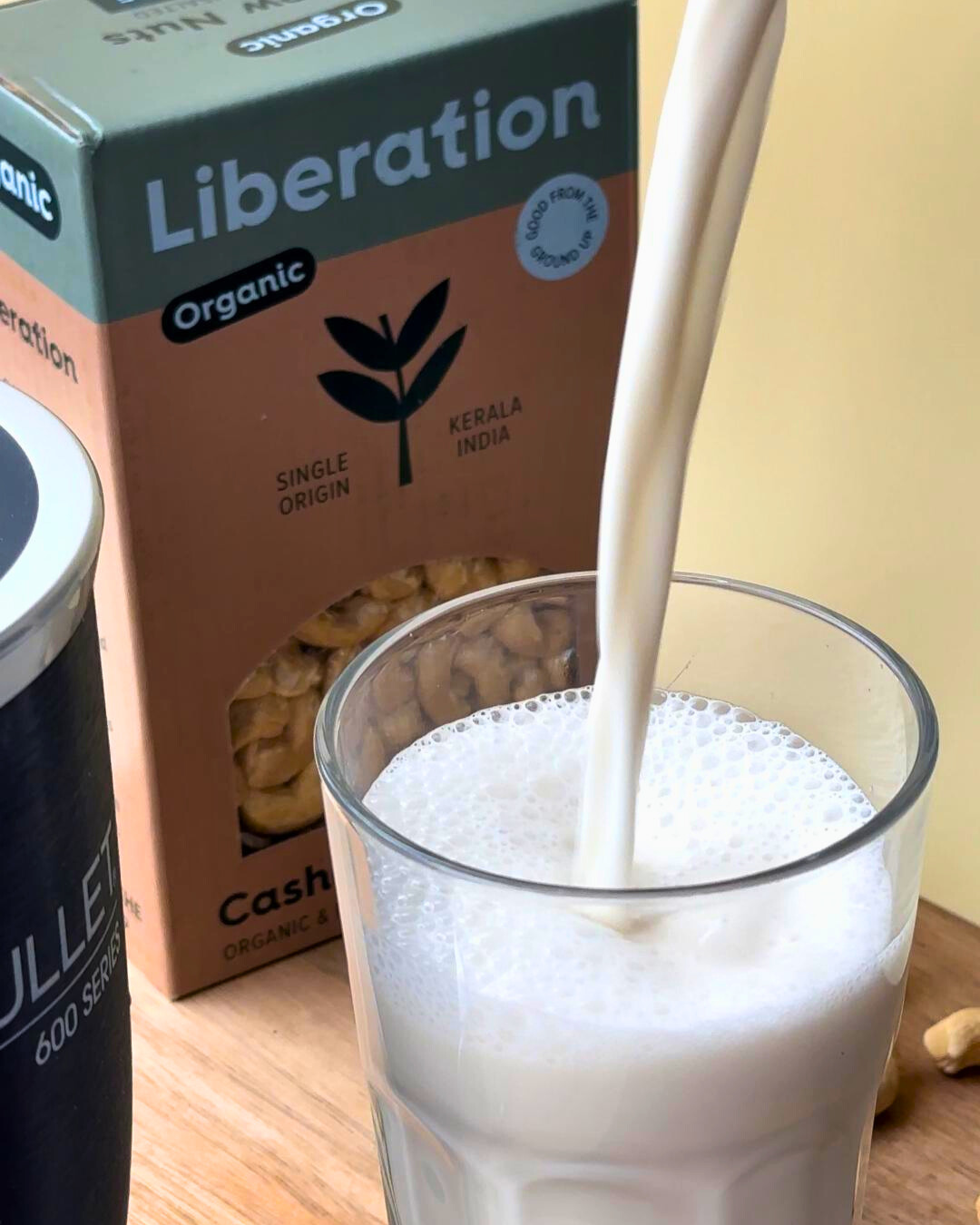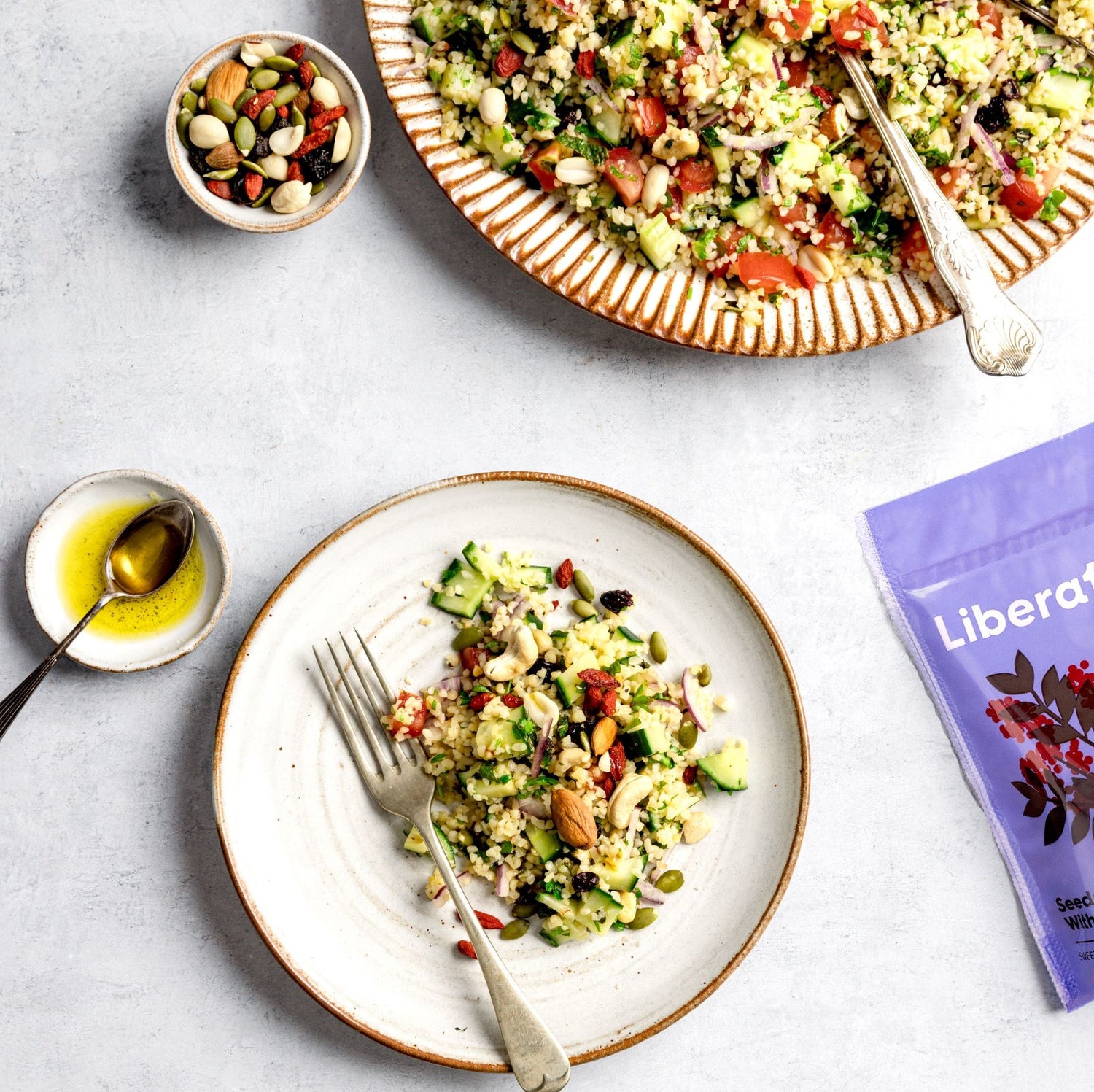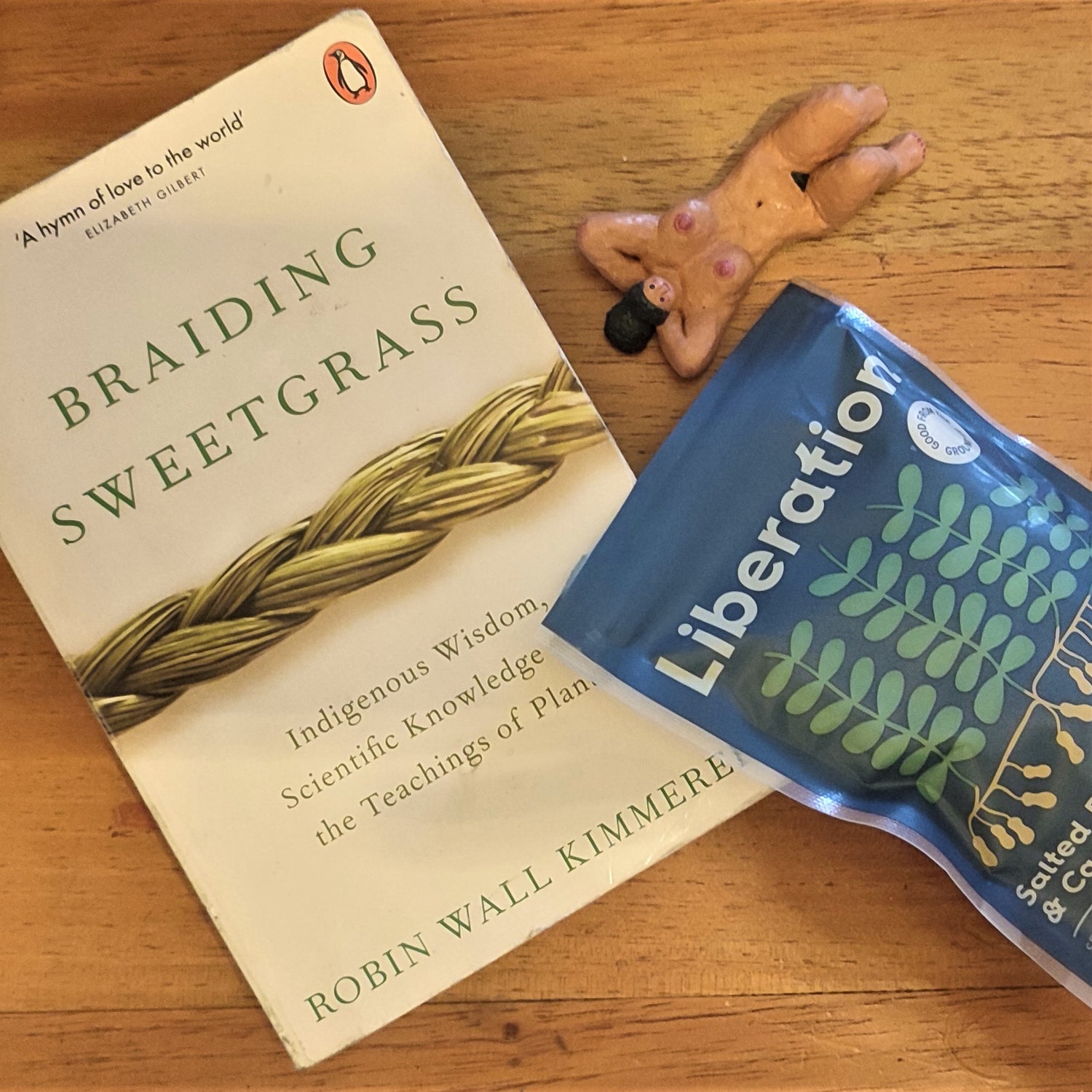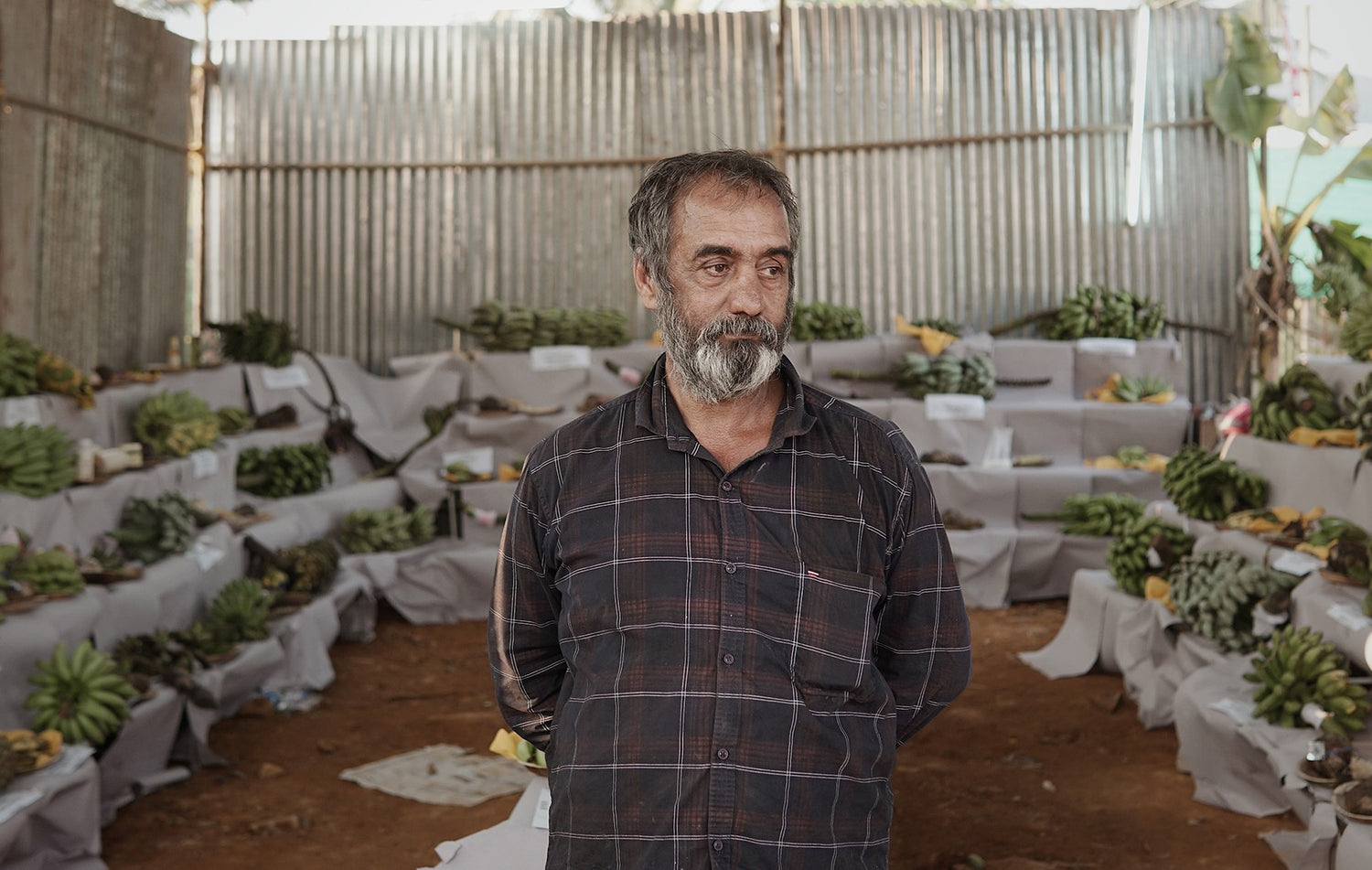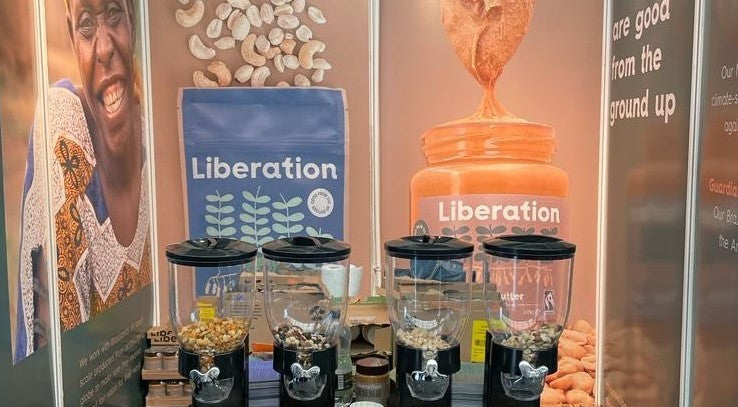Over the festive season, fashion brands will make huge profits. In the UK alone, people will spend around £2.4bn on Christmas clothes that barely get worn.
But the people who make the clothes they sell won’t see anything close to their fair share.
We all know factory workers in the fast fashion industry face appalling working conditions. But fewer people know about the millions of workers employed in the fashion supply chain from their own homes or small, informal workshops, stitching, packing, and sewing clothing and paid by the piece.
The $1.7 trillion dollar clothing industry is built on unseen labour.
Hidden from view, millions of homeworkers help make the clothes sold on every high street in the UK.
Homeworkers have no pensions, no minimum wage, no guarantee of work or basic health and safety.
Without formal recognition, they are not entitled to maternity leave, or sick pay.
The conditions homeworkers face are unacceptable.
For millions of women, homeworking is the only option to earn a living – it allows them to care for small children and elderly parents, choose their own workplace, and escape long hours on the factory floor.
Fashion brands take advantage of this. By refusing to even acknowledge homeworkers exist, they turn a blind eye to the exploitation which takes place in their supply chain – and avoid paying a fair price for the labour they rely on.
But homeworkers like Kalaivani are fighting back – coming together to demand change and recognition.
“Success is when home based work gets formal recognition. I want my work to give more opportunities and compensate fairly and improve our life. I want them to understand that Homebased work is like any other regular work, and they should help us make our work get recognition as a formal work and all the benefits attached with it. It will make the life of homebased worker better.”
- Kalaivani, a homeworker, from Tirupur, India.
Kalaivani is part of a garment workers collective, and alongside many other women, she is fighting for change – demanding that fashion brands and governments recognise homeworkers, and campaigning for formal rights and benefits, like pensions, maternity leave, and sick pay.
But for change to happen, we need to work together.
This Christmas, our charity partner Transform Trade are asking you to stand with homeworkers like Kalaivani, fighting for a fair deal. To learn more about Transform Trade’s Unseen Appeal and read homeworker’s stories in their own words and images, click here.
And don't forget you can support Transform Trade directly through our website or make a donation at checkout. Help make impactful and positive change to trade this Christmas!

